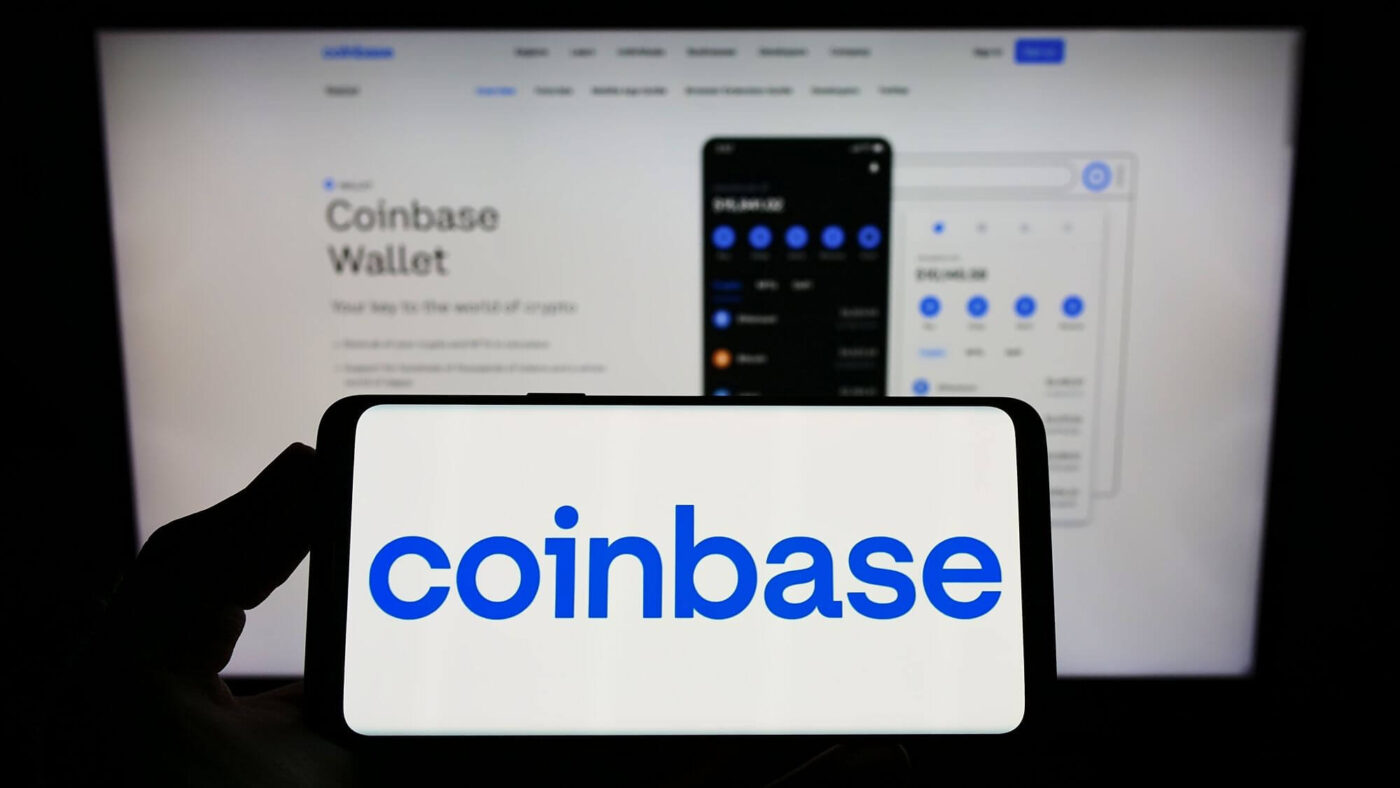TLDR
- Coinbase filed a brief opposing the FDIC’s use of FOIA Exemption 8 to withhold crypto-related oversight documents.
- The FDIC allegedly sent “pause letters” to banks, advising them to stop offering crypto services, per Coinbase’s brief.
- A court order required the FDIC to release redacted versions of documents it initially refused to disclose.
- Coinbase seeks a ruling to block future FOIA denials and demands more transparency from federal agencies on crypto oversight.
Coinbase has taken another step in its legal battle with the Federal Deposit Insurance Corporation (FDIC), filing an opposition brief in an ongoing Freedom of Information Act (FOIA) lawsuit. The case centers on Coinbase’s efforts to gain access to documents the FDIC has refused to release, allegedly related to crypto-related supervision. The brief was filed in the U.S. District Court for the District of Columbia through Coinbase’s FOIA agent, History Associates.
Coinbase Challenges FDIC’s Use of FOIA Exemptions
In the new brief, the crypto exchange claims that the FDIC has improperly used FOIA Exemption 8 to block access to documents. These records reportedly include “pause letters” sent to banks, instructing them to stop providing crypto-related services. According to Coinbase, these letters are not entirely exempt from release and the FDIC must provide redacted versions instead of full denials.
The brief also points to internal FDIC materials that Coinbase reviewed during limited court-approved discovery. These materials, according to Coinbase, reveal guidance given to staff that encourages withholding such documents entirely, even without a proper review. Coinbase argues this shows a broader policy within the agency to prevent access to records related to cryptocurrency oversight.
Yesterday @Coinbase filed our opposition brief to the @FDICgov’s motion to dismiss and motion for summary judgment in our FOIA case. Tl;dr: staff at @FDICgov continue to stonewall our efforts to shed light on the previous administration's Operation Chokepoint 2.0. We can't and…
— paulgrewal.eth (@iampaulgrewal) July 31, 2025
Coinbase’s Chief Legal Officer Paul Grewal shared the brief online, stating the company aims to stop what it describes as a “systematic effort” to keep the crypto sector in the dark about federal oversight. The company accuses the FDIC of using vague and broad claims of “foreseeable harm” to justify the refusal.
Coinbase Seeks Court Action to Prevent Future FOIA Violations
In addition to seeking access to specific documents, Coinbase is asking the court to declare that the FDIC’s approach to FOIA is unlawful. The company argues that if the court does not intervene, future requests already submitted by Coinbase or others could face the same blanket denials.
The opposition brief claims the FDIC failed to meet FOIA’s requirement to interpret document requests liberally and to release non-exempt material when possible. It also argues the agency has not preserved relevant records and has not given proper responses to some requests.
Coinbase further stated that the FDIC has not explained why it withholds letters sent to requesters or how it justifies its interpretation of FOIA guidelines. In addition to opposing the FDIC’s motion to dismiss the case, Coinbase has asked for further discovery to better understand the agency’s FOIA policies and training procedures.
The court previously ordered the FDIC to produce redacted versions of some of the letters. However, Coinbase says subsequent disclosures suggest that staff were instructed to withhold these types of documents entirely. This, Coinbase argues, shows a deliberate attempt to block transparency in crypto-related matters.
FOIA Lawsuit Comes as it Expands Its Business Operations
This legal action follows Coinbase’s broader push for clarity in regulatory matters involving cryptocurrency. The FOIA lawsuit is part of what the company sees as an ongoing effort to challenge what it views as unfair treatment by federal regulators.
Coinbase previously included the FDIC and the U.S. Securities and Exchange Commission in legal actions filed in 2024, accusing them of limiting crypto firms’ access to banking services.
While the lawsuit continues, Coinbase has announced new product offerings and partnerships. Recently, it revealed a collaboration with JPMorgan that will allow Chase customers to redeem reward points for USDC starting in 2026. Coinbase Derivatives also plans to launch nano perpetual futures for XRP and Solana in August 2025, expanding its product range.
Despite a slowdown in retail trading, Coinbase reported a sharp rise in second-quarter profit. Revenue from its subscription and services business grew by over 9%, even as transaction revenue dipped slightly. Net profit for the quarter reached $1.43 billion, driven in part by gains related to its investment in Circle and crypto assets.






